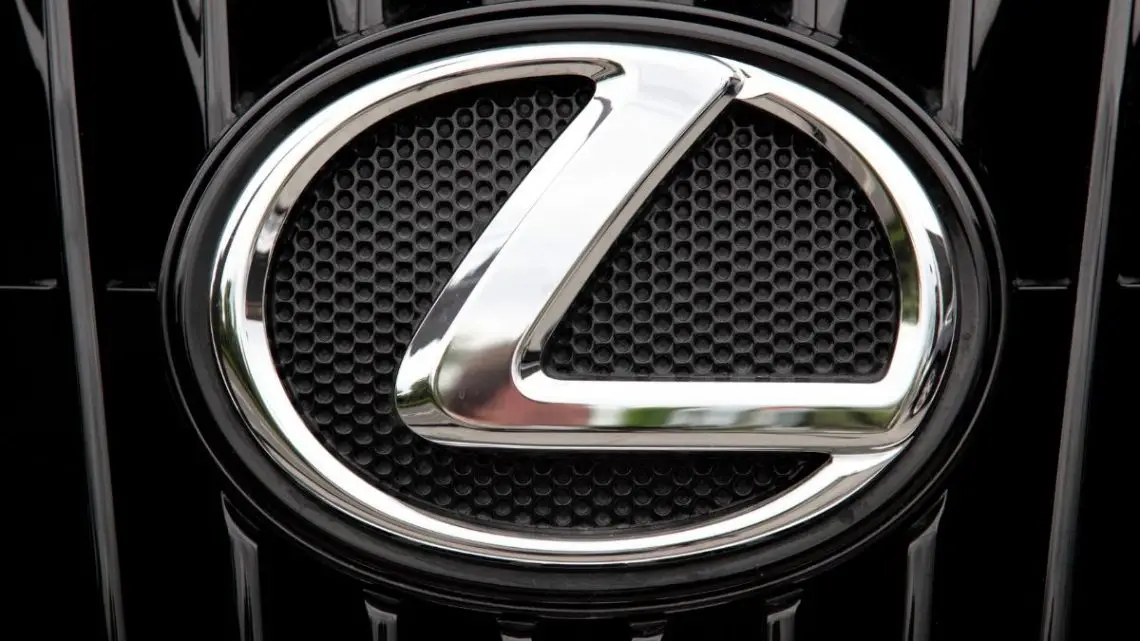
Lexus unveils new hydrogen engine recreational vehicle concept
December 8, 2021The recreational off-highway vehicle (ROV) concept offers near zero-emission driving.
Lexus, Toyota’s luxury division, recently unveiled a concept for a new recreational off-highway vehicle (ROV) with a hydrogen engine. The vehicle features extreme off-road capability and near zero-emission driving.
The concept vehicle is a reflection of Lexus’ commitment to thrilling but carbon-free driving.
The luxury car brand is focused on achieving carbon neutrality goals but is simultaneously maintaining its eye on the appeal of driving its vehicles. The ROV Concept is meant to be a combination of those two issues, using a hydrogen engine for a responsive rise in torque that results from H2’s rapid combustion speed.
The H2-powered ROV is meant to be a step toward Lexus’ intention to keep up the pleasure of off-roading, but within the bounds of a low-carbon future. The 1.0-liter H2 engine works in the same way as a conventional gasoline-powered one. That said, instead of a petroleum gas tank, it features a high-pressure compressed H2 tank. This allows precision delivery of the H2 through a direct injector.
The ROV is towards the end of the video…
The hydrogen engine is nearly zero-carbon, though a tiny amount of engine oil burns while driving.
The design team behind the ROV Concept focused on creating a vehicle that would suit all types of natural environment. The hydrogen car features all the expected components of what an off-road vehicle should have. For instance, it has a protective cage, an exposed suspension, and heavy off-road tires for traction along muddy trails.
The ROV’s dimensions are approximately 123 inches long, 68 inches wide and 71 inches tall. The design team’s goal was to come up with the type of vehicle that would meet the expectations people would have from a luxury automaker, but without sacrificing an ROV’s rugged performance.
They designed a vehicle body that would offer passenger safety and protection while incorporating the signature Lexus grille and holding onto adequate travel for the front suspension. Furthermore, the front fender design was created to offer additional mud and rock protection. The hydrogen engine provides the power needed for all the other features to be enjoyable, worthwhile and meet off-roading expectations.
 Interested in alternative energy and how hydrogen fuel works?
Interested in alternative energy and how hydrogen fuel works?
Many are wondering…is hydrogen energy the future? There are many signs that point to yes…some day, the world could rely on H2 to keep the lights on – Learn more about How efficient is a hydrogen fuel cell. Also, why big named companies like Rolls Royce, Shell, BP and more investing into green hydrogen projects for the near future – Read more about – Who is the largest producer of green hydrogen? Also, make sure to visit our H2 Learning Center.



 With over 15 years of reporting hydrogen news, we are your premier source for the latest updates and insights in hydrogen and renewable energy.
With over 15 years of reporting hydrogen news, we are your premier source for the latest updates and insights in hydrogen and renewable energy.
Lets not forget to mention the dangers of driving around in a compressed Hydrogen gas vehicle.
The problem with this clever idea is that because combustion is taking place, polluting , dangerous oxides of Nitrogen will be produced
Have Toyota arranged to capture these oxides?
The only emissions out the tailpipe are water and oxygen. Hydrogen burns and oxygen, and water is produced. NOx gases form because it’s not a fossil fuel, and doesn’t produce them when burnt in an internal combustion engine with no other fuel source. It truly is a much better path than cars powered by batteries; produced with 2 years worth of a gas cars emissions, to be charged by a power plant that will continue to emit more pollution to feed our ever growing consumption. Hydrogen gas motors are a saving grace to our planet, and if you can’t see that it’s better than mining our 180 year supply of multiple rare metals just to make those electric car battery’s, which 99% do not get recycled, your part of the problem! Plus we’re used to engines, with gears and stuff. Way easier to get everyone on board. They still make the same noise lol